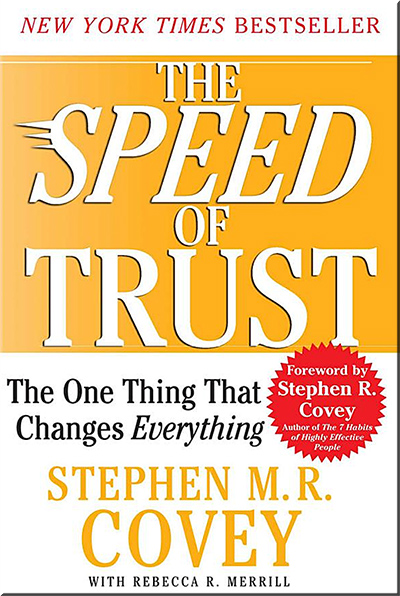Solid points made by Martin Giles, Senior Editor, CIO Network for Forbes…below is the majority of his CIO newsletter for this week
Now that more and more companies are extending their work-from-home timelines, the issue of how to monitor and manage the productivity of remote workers is becoming even more pressing. Some businesses are rolling out software applications to track things such as workers’ keystrokes or watch what they are doing when they are on the internet. IT teams are central to these efforts, even if they aren’t the ones who initiate them.
Providing the technology is deployed appropriately, the use of such tools may not be illegal. But does it make sense to deploy them? Forbes CIO Network contributor Irina Raicu makes the case against doing so in a thought-provoking post.
Raicu argues that deploying intrusive tech such as keyloggers sends a signal to workers that employers don’t respect their autonomy and dignity. It also penalizes effective workers, who are being made to pay a price in terms of lost privacy so that managers can identify poor performers. Deploying intrusive tracking technologies in homes that are now doubling as workplaces also contributes to the normalization of their use more broadly across society.
Under pressure from business heads and HR departments, tech leaders may be tempted to fold rather than fight the tools’ deployment. But there’s another reason tracking tech can backfire that should resonate with anyone worried about cyber threats—which means just about every CEO and board director in America and beyond.
The sensitive, personalized data monitoring tech gathers is a tempting target for hackers and a breach could trigger a legal nightmare. Given that the bad guys have stepped up their attacks to take advantage of the chaos the pandemic has sown, this threat is even more concerning.
Excerpt from Irina’s article:
However, indiscriminate deployment of tracking tools would create a surveillance work culture that is likely to cause significant harm, while at the same time failing to deliver the results that business leaders expect.
From DSC:
I see this same type of stuff going on within K-12, higher ed, and even in law schools. Often, we establish cultures whereby students are treated with great suspicion. It’s us vs. them. The verbiage is around cheating and plagiarism and the use of tools like Turnitin, Respondus, Examity, and many others. Why isn’t the focus on being on the same team? i.e.,
- “Don’t you realize Mr. or Ms. Student that I’m trying to help you become the best lawyer, judge, legislator, etc. as possible?”
- “Don’t you realize that I’m trying to help teach you skills, knowledge, and ethics that will aid you in your future?”
Why is unity / being on the same team so difficult to achieve in human relationships? I don’t have the answers. It’s just very disappointing.
It’s clear that we have some major disconnects in our motivations and views of other people. We should be working as members of the same team.
With the need for speed within most organizations today, TRUST is key. Reminds me of this book by Stephen M.R. Covey:
Addendum on 8/14/20:
- 6 ways leaders can rebuild trust in their organizations — from fastcompany.com by Cara Brennan Allamano
A Udemy survey suggests that more than half of workers believe their employers are using COVID as an excuse to cut staff. These strategies can help dissolve their suspicions.









